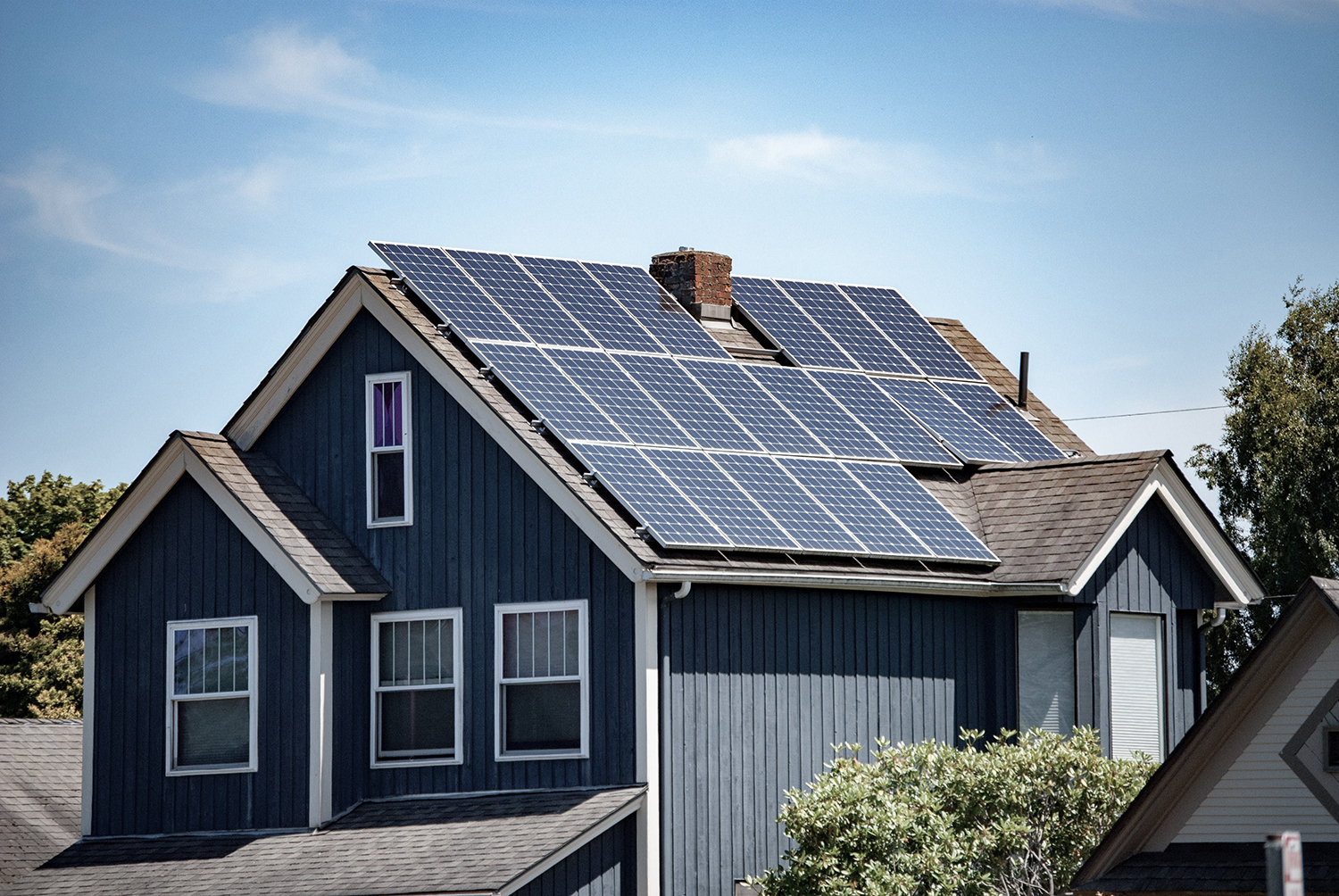

The Rise of Eco-Friendly Solar Panels
The global shift towards sustainable living has placed renewable energy at the forefront of environmental consciousness. Among the various sources, solar panels stand out as a beacon of eco-friendliness, providing a clean and efficient solution to the ever-growing energy needs of the planet.
Unveiling the Green Credentials
Environmentally friendly solar panels embody a commitment to reducing the ecological impact of energy production. These panels harness sunlight to generate electricity without emitting greenhouse gases, pollutants, or contributing to climate change. This green approach makes them a cornerstone in the quest for a more sustainable and environmentally responsible energy landscape.
Clean Energy Revolution
Solar panels are central to the clean energy revolution, ushering in a new era where power generation aligns with environmental stewardship. Unlike conventional energy sources that rely on finite resources and produce harmful byproducts, solar panels exemplify a shift towards harnessing the abundant and renewable energy of the sun.
Sustainable Power for Sustainable Living
In the pursuit of sustainable living, the adoption of environmentally friendly solar panels becomes paramount. Individuals and communities can contribute to a healthier planet by integrating solar panels into their homes and businesses, fostering a more sustainable lifestyle while reducing dependence on non-renewable energy sources.
Environmental Impact: A Closer Look
Assessing the environmental impact of solar panels involves considering factors beyond their energy production. The life cycle analysis reveals that, despite some environmental costs associated with manufacturing and disposal, the overall benefits far outweigh the negatives. Ongoing advancements in recycling technologies further enhance the eco-friendliness of solar panel systems.
Technological Innovations Driving Sustainability
Continuous advancements in solar technology play a crucial role in enhancing the sustainability of solar panels. From more efficient photovoltaic cells to innovative materials, these developments contribute to reducing the environmental footprint of solar panel production and operation, making them even more eco-friendly over time.
Navigating Towards Energy Independence
The integration of environmentally friendly solar panels isn’t just about reducing environmental impact; it’s also a journey towards energy independence. Solar power empowers individuals and communities to generate their electricity, reducing reliance on centralized power grids and ensuring a resilient and self-sufficient energy future.
Economic Benefits and Government Support
The economic benefits of adopting solar panels extend beyond individual households. Many governments worldwide recognize the importance of transitioning to cleaner energy and offer various incentives to promote the use of environmentally friendly technologies. These incentives often include tax credits, rebates, and grants, making solar panel adoption financially appealing.
Challenges and Solutions
While environmentally friendly solar panels present a promising solution, challenges persist. Issues like intermittency and energy storage require innovative solutions to fully maximize the benefits of solar power. Researchers and engineers are actively addressing these challenges, ensuring that solar panels continue to play a pivotal role in a sustainable energy future.
Embrace a Greener Future
In conclusion, the adoption of environmentally friendly solar panels is a transformative step towards a greener and more sustainable future. By embracing clean energy solutions, individuals contribute to a collective effort to preserve the environment for future generations. To explore how solar panels can elevate your commitment to sustainability, visit ctproductsandservices.com.
Investing in environmentally friendly solar panels not only makes ecological sense but also establishes a powerful connection between responsible energy consumption and the well-being of our planet.





.jpg)


